UAM-04080X-SI4T
30KM Ultra-Long-range Underwater Acoustic Modems (UAMs)
Built-in duty module and battery
The UAM-04080X-SI4T is a deep-sea underwater acoustic communication device operating within the 4–8 kHz frequency band, designed to deliver reliable long-range communication up to 30 km. Engineered for operations down to 6000 m,
it is equipped with a built-in low-power duty module and battery, optimized for extended operation on seabed bases and buoy platforms.
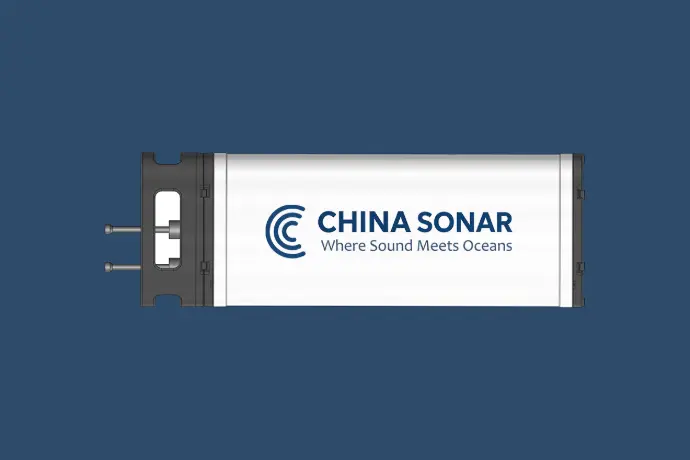
UAM-04080X-SI4T
Key Features
- Reliable Long-Range Communication – Provides stable acoustic links up to 30 km with a user data rate of 1 kbps (BER 10⁻⁴), ensuring efficient subsea data transmission.
- Deep-Sea Operation – Rated for depths up to 6000 meters, ensuring reliable performance in harsh marine environments.
- Long-Term Deployment Design – Equipped with a built-in low-power duty module and battery, optimized for extended operation on seabed bases and buoy platforms.
- Lightweight & Corrosion-Resistant – Built with TC4 titanium alloy, offering high strength, excellent corrosion resistance, and reduced weight, ideal for long-term underwater use.
- Flexible Installation – Modular structure enables easy integration and adaptable mounting configurations for various underwater platforms.
Overview
Applications
· AUV communication systems
· Seabed base communication
· Buoy data relay and ocean monitoring
· Long-term marine research and subsea data transmission
Specifications
Application Diagram
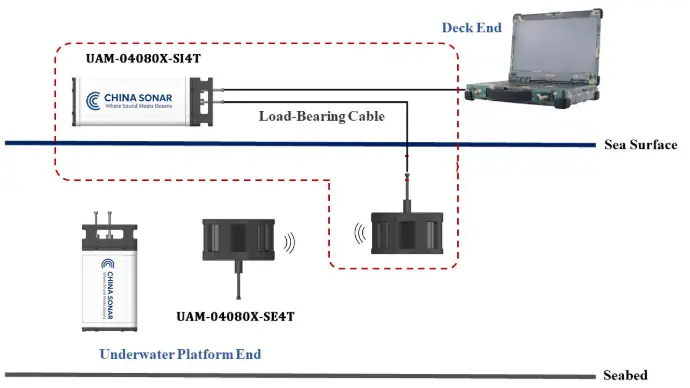
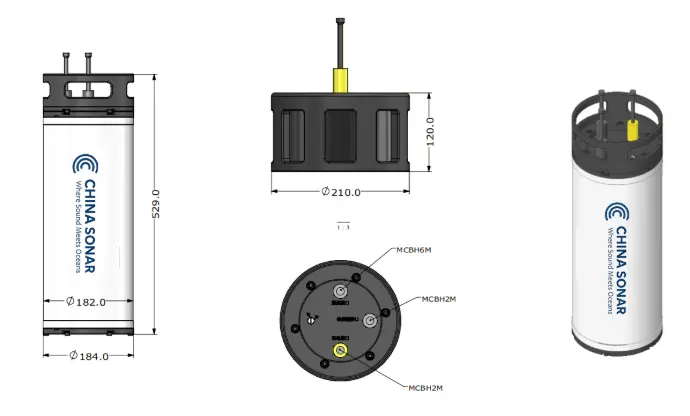
Related UAM Product series
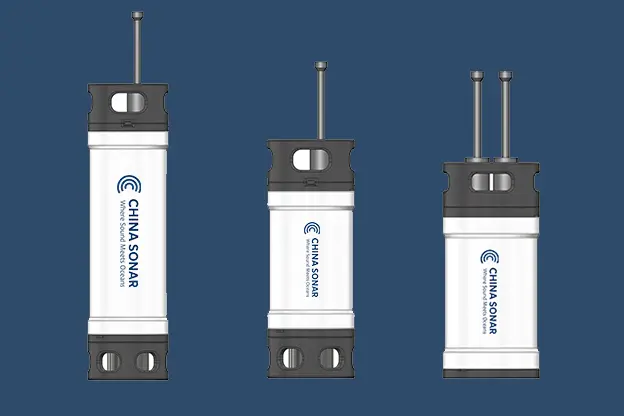
UAM-16320X Series
Frequency: 16kHz-32kHz
Communication Distance: 3km
Communication Rate:100-4kbps
Bit Error Rate:
10⁻⁴
Operating Range: 300m
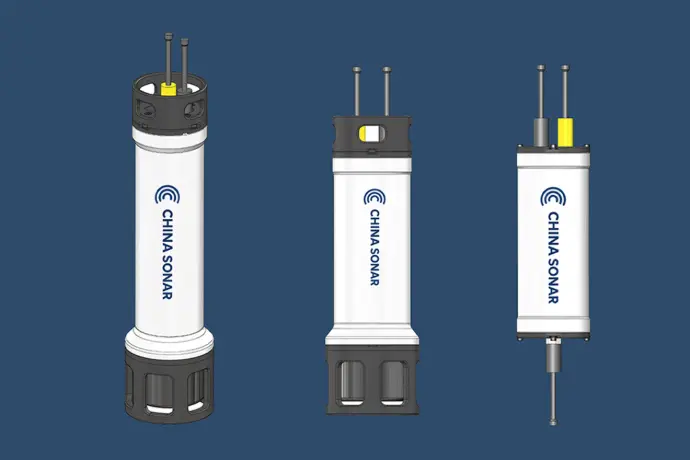
UAM-08160X Series
Frequency: 8kHz-16kHz
Communication Distance: 10km
Communication Rate:100-4kbps
Bit Error Rate:
10⁻⁴
Operating Range: 300-6000m
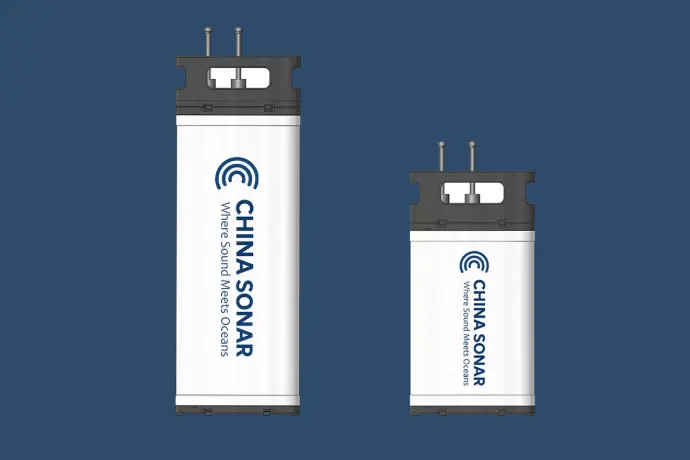
UAM-04080X Series
Frequency: 4kHz-8kHz
Communication Distance: 30km
Communication Rate:100-1kbps
Bit Error Rate:
10⁻⁴
Operating Range: 6000m
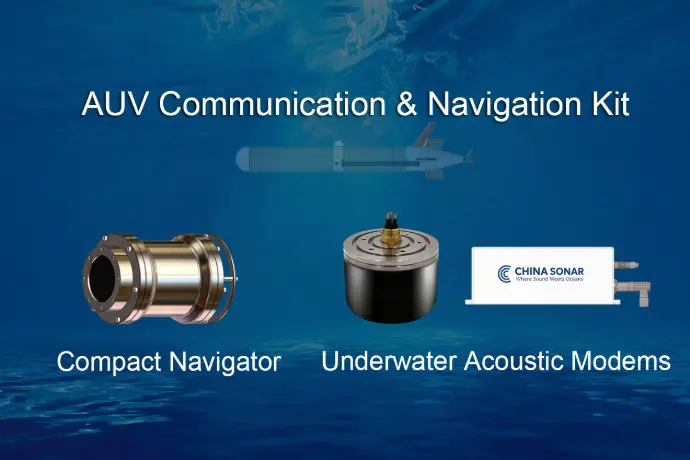
AUV Communication & Navigation Kit
Compact Navigator & Underwater Acoustic Modem
Designed for Autonomous Underwater Vehicles (AUVs), the AUV Communication & Navigation Kit delivers high-precision navigation and reliable underwater communication in a unified solution.
- NAVS-3000 Compact Navigator — Provides INS-based positioning, DVL velocity measurements, and depth data for precise real-time navigation.
-
UAC-08160X-OEM Underwater Acoustic Modem — Ensures stable, long-range underwater communication across multiple frequency bands.